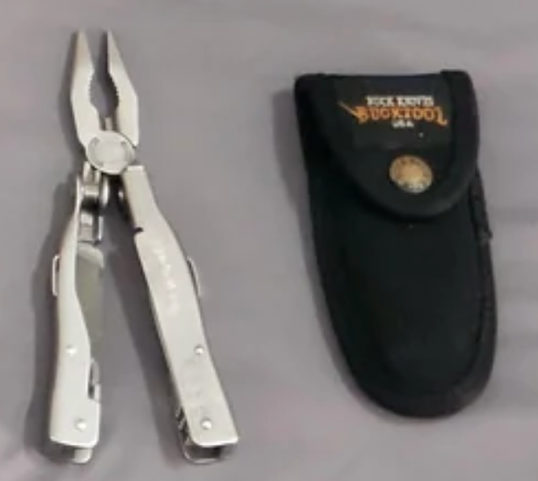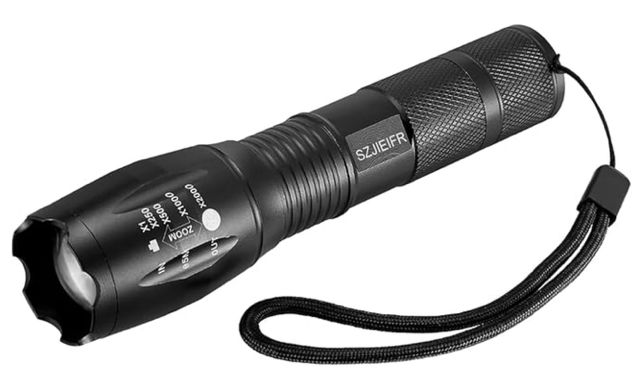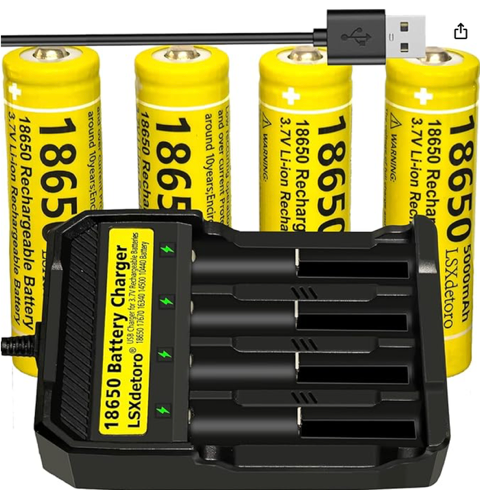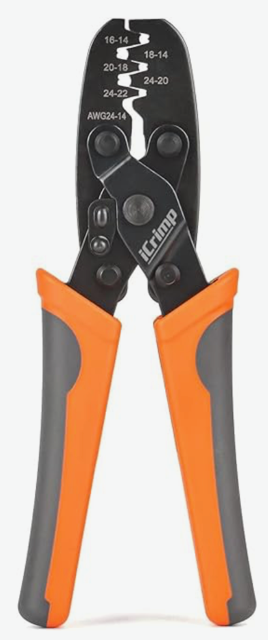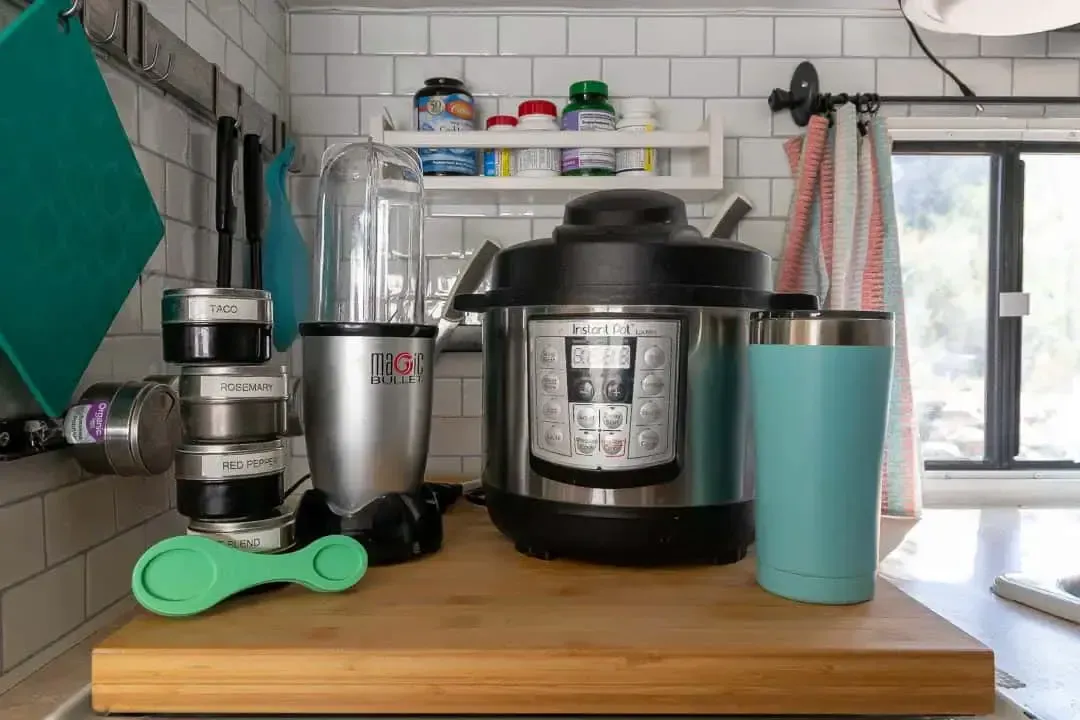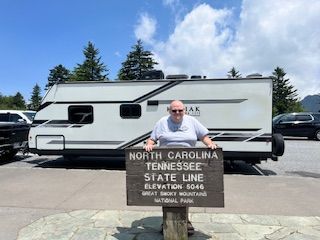·
Socket and Wrench Set (3/8ths drive): Essential for nuts and bolts. Unfortunately, RVs often come with a mix of Metric and Imperial sizes. If you must minimize weight, get one set with six-point sockets – you can often make do. Make sure you have a good ratchet and a couple of extensions of different length. I also carry a ¼ drive socket set. It isn’t all that big or heavy and does come in useful.
·
Regular and adjustable pliers, plus a locking plier. An adjustable wrench and small hammer.
·
A mini hack saw blade holder. Since I do the occasional wood-working, I pack a good quality but smaller cross-cut saw, sandpaper and a small plane. Those would be optional for most people.
·
A basic multi-function electrical meter and a non-contact voltage tester. Spend some time on Youtube learning to use them. They can save hours of frustration and money diagnosing troubles.
·
Heavy-duty Tape (gorilla type): Useful for quick fixes of leaks or securing loose items. Perhaps a lighter duct style tape as well. Electrical tape for wires and Teflon tape for plumbing joints.
·
Silicone caulk: Self-leveling caulk for the roof.
·
Jumper Cables: A must-have for battery issues on the road. Get a longer set – 15 ft minimum as you can’t always jockey for a jump, especially with a trailer connected.
·
Tire Pressure Gauge: Regularly check tire pressure to avoid blowouts and ensure optimal performance. TPMS is better.
·
Portable Air Compressor: Convenient for inflating tires and other inflatable items. At a minimum, carry one of those emergency inflation cans. A tire plug kit is also a good idea.
·
Flashlight and Batteries: Essential for nighttime repairs or emergencies. I’m going to expound a bit on this one. I buy flashlights from Amazon designed for three AAA batteries – but they also work with 18650 lithium rechargeable batteries. You can pick up a few extra batteries and charger. They last longer and are brighter than the AAA batteries. I keep two flashlights by our exit door (dog walks), one each place I store tools including in the truck.
·
Tool roll and tool bag. I keep my most often used tools in a tool roll. I flop it open and everything is visible. Less used tools I keep in several tool bags with luggage labels on them. (I might remember the bag that has the electrical meters in it, but if I send the wife or helper to get it, they don’t.)
·
Hardware: Get a plastic box with dividers or drawers to store bolts, screws, nuts, washers and bits of RV hardware. Need a bolt, buy a pack of 5 or 10 and store the extras for next time. If you have a supply of these at home, grab an assortment for your box before you leave. And make sure you have some fuses that match what is in your RV and your car/truck as well as some crimp connectors and a proper crimp tool. One of the most common failures in RV’s is wire crimps falling off.

